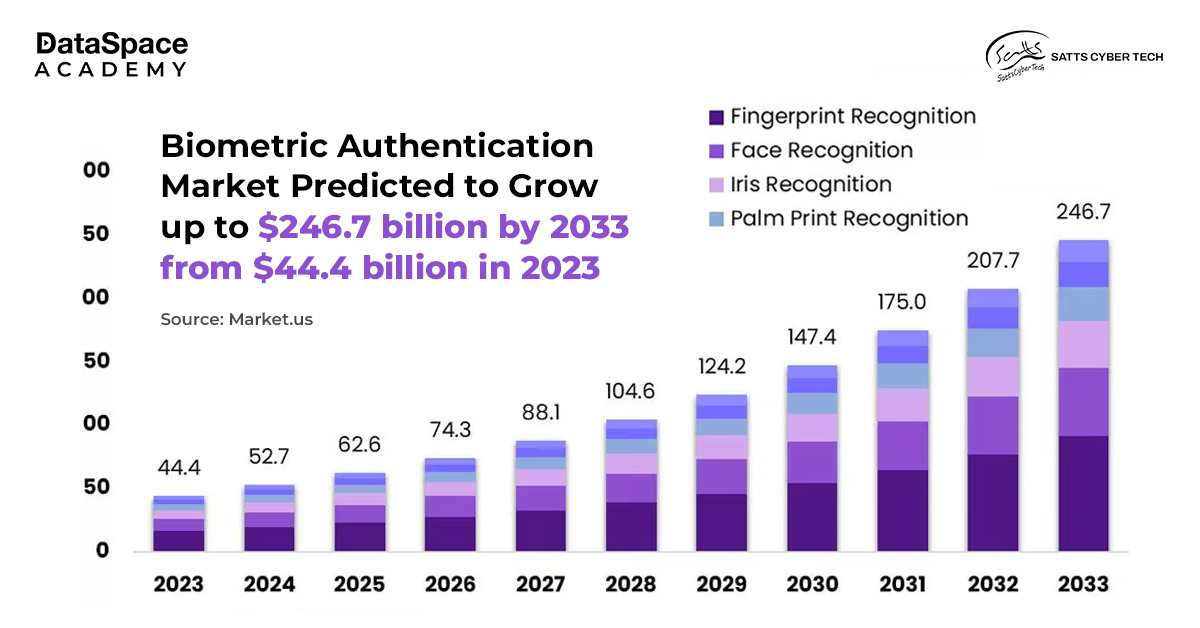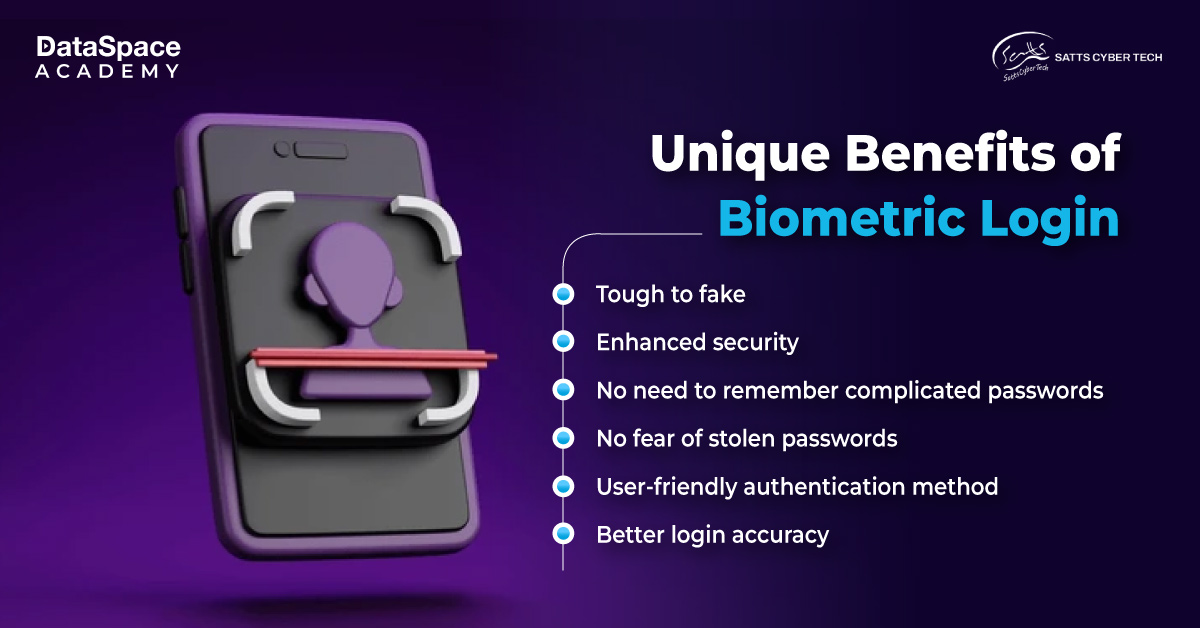Remember when “123456” or “password” were considered acceptable logins? Yes, we’ve all been there. But the truth is, traditional logins are starting to feel like rotary phones in a smartphone world. As data breaches pile up and phishing scams evolve, it’s clear we need something better. That’s where the
future of passwords gets interesting.
We’re now entering a world where the
future without passwords isn't just a tech fantasy, it’s taking shape in reality. Think biometric fingerprint scans, face recognition, and iris patterns. These aren’t just sci-fi stuff anymore; they’re real, and they’re already embedded in the devices we use daily.
The question is: Are we ready to ditch passwords (read traditional logins) for good? Let’s find out…
Well, to be honest, traditional logins are too tedious. We’re supposed to have unique, complex passwords for every account, change them regularly, and remember them all. It’s exhausting.
Here’s a breakdown of the glitches:
These issues have left a giant question mark hanging over the future of authentication methods.
What if your login was… “you”? Biometrics login systems use your body’s unique traits - like your fingerprint, face, or even your voice- to verify your identity. It sounds cool (because it is), but let’s break it down.
This shift to password alternatives isn’t just for fun, it’s driven by a real need to up our digital security game.

 Biometric login security
Biometric login security brings a bunch of transformative advantages to the table:
It’s no surprise that biometric login is being used across everything from phones to airports. In many cases, it feels like a no-brainer - literally and figuratively.
Here’s the twist:
biometrics is the least secure form of device protection in certain scenarios.
Why?
You can’t change your fingerprint like you can change a password. If your biometric data is stolen or spoofed, you can’t get a new face. It’s like giving away your data for a lifetime - with consent!
Now, doesn’t this sound scary?
Major biometric vulnerabilities include:
So while
biometric authentication vs passwords might seem like an easy win, it’s not a knockout punch, yet.
Let’s not throw passwords out in the recycling bin just yet. The
future of digital security will likely be a blend, not a replacement. Multi-factor authentication (MFA), where biometrics are combined with traditional methods, is already the norm in many industries.
Think:
This combined approach strengthens both sides and mitigates individual weaknesses.
So, will biometrics replace traditional logins entirely? Not right away. Rather, a marriage between traditional
password and biometrics will play a starring role in how we protect our data going forward.
Biometric login systems are everywhere, even if you haven’t noticed. Some real-world applications include:
These aren’t future concepts, they’re happening now and growing fast.
The evolution of passwords for digital security isn’t about picking one side. It’s about building better security using everything we’ve got. The
future of passwords is probably not “pass-words” at all- it’s smarter, layered systems where biometrics play a key role.
And if this future excites you (or even freaks you out a little), it might be a good time to upskill. Want to get hands-on with securing the next wave of digital access? Look into a
certified ethical hacker course from DataSpace Academy.
Passwords may still be sticking around for now, but don’t get too comfortable - Your face, your voice, your touch, they’re moving in fast.


 Biometric login security brings a bunch of transformative advantages to the table:
Biometric login security brings a bunch of transformative advantages to the table:
